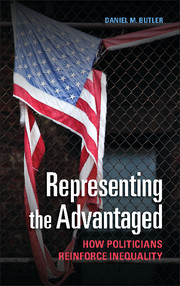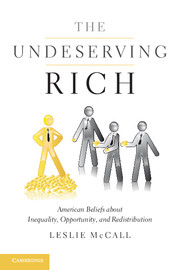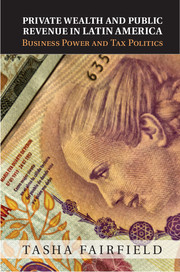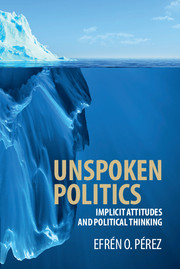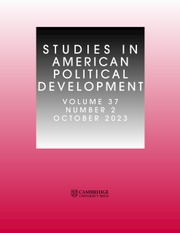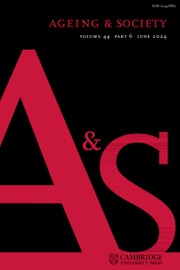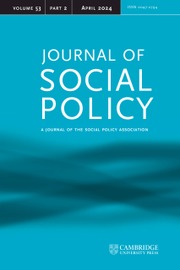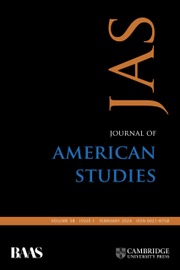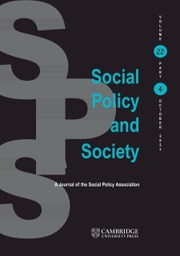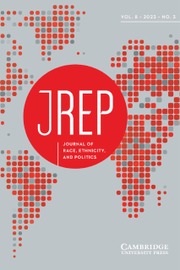Representing the Advantaged
How Politicians Reinforce Inequality
- Author: Daniel M. Butler, Washington University, St Louis
- Date Published: July 2014
- availability: Available
- format: Paperback
- isbn: 9781107428720
Paperback
Other available formats:
Hardback, eBook
Looking for an inspection copy?
This title is not currently available for inspection. However, if you are interested in the title for your course we can consider offering an inspection copy. To register your interest please contact [email protected] providing details of the course you are teaching.
-
Political inequality is a major issue in American politics, with racial minorities and low-income voters receiving less favorable representation. Scholars argue that this political inequality stems largely from differences in political participation and that if all citizens participated equally we would achieve political equality. Daniel M. Butler shows that this common view is incorrect. He uses innovative field and survey experiments involving public officials to show that a significant amount of bias in representation traces its roots to the information, opinions, and attitudes that politicians bring to office and suggests that even if all voters participated equally, there would still be significant levels of bias in American politics because of differences in elite participation. Butler's work provides a new theoretical basis for understanding inequality in American politics and insights into what institutional changes can be used to fix the problem.
Read more- Presents several original and innovative experiments where elected officials are the subjects in the experiments
- Simultaneously examines bias in representation by gender, race, and income
- Illustrates that who is elected is an important determinant of the political inequality that minorities and low-income voters experience
- Provides insights into bias among elected officials at the state and local level in the United States
Awards
- Winner of the 2015 Best Book Award, Experimental Research Section, American Political Science Association
Reviews & endorsements
'A fascinating study of how America's politicians respond to their constituents. Butler's novel and compelling experiments show that elected officials often (but not always) discriminate against their own constituents who hold lower-status jobs, who identify with the opposite party, or who belong to a different racial or ethnic group. By systematically studying thousands of state and local officials, Butler brings solid new evidence to bear on questions at the heart of democratic governance.' Martin Gilens, Princeton University, New Jersey
See more reviews'This path-breaking book is the first to use field experiments to investigate public officials' responsiveness to their constituents' requests and inquiries. Its thought-provoking conclusions about the role of race, class, and gender are sure to inspire debate and a new wave of representation research.' Donald P. Green, Columbia University
'Representing the Advantaged is a must-read for anyone interested in identifying the elite roots of income and racial inequality in contemporary American democracy. Butler persuasively argues that informational and attitudinal biases of elected officials affect the quality of political representation. Using field experiments, Butler shows that these biases impede responsiveness by legislators and other elected officials to disadvantaged constituents. This book changed the way I think about political representation.' Christian Grose, University of Southern California
'Representing the Advantaged is one of the most important books on representation that I have read in a long time. The methodological approach is innovative, the theoretical insights are illuminating, and the results - particularly regarding the unique disadvantages that racial and ethnic minorities face - are disconcerting. Butler does a tremendous job of highlighting a central weakness in our democracy.' Vincent Hutchings, University of Michigan
Customer reviews
Not yet reviewed
Be the first to review
Review was not posted due to profanity
×Product details
- Date Published: July 2014
- format: Paperback
- isbn: 9781107428720
- length: 162 pages
- dimensions: 228 x 152 x 10 mm
- weight: 0.26kg
- contains: 6 b/w illus. 2 maps 20 tables
- availability: Available
Table of Contents
1. Representatives as the source of bias
2. When can representation break down?
3. Details of the constituency-service field experiments
4. Bias in the way officials process constituents' opinions
5. Information costs and officials' proactive effort levels
6. Direct discrimination
7. Bias in politics.
Sorry, this resource is locked
Please register or sign in to request access. If you are having problems accessing these resources please email [email protected]
Register Sign in» Proceed
You are now leaving the Cambridge University Press website. Your eBook purchase and download will be completed by our partner www.ebooks.com. Please see the permission section of the www.ebooks.com catalogue page for details of the print & copy limits on our eBooks.
Continue ×Are you sure you want to delete your account?
This cannot be undone.
Thank you for your feedback which will help us improve our service.
If you requested a response, we will make sure to get back to you shortly.
×
